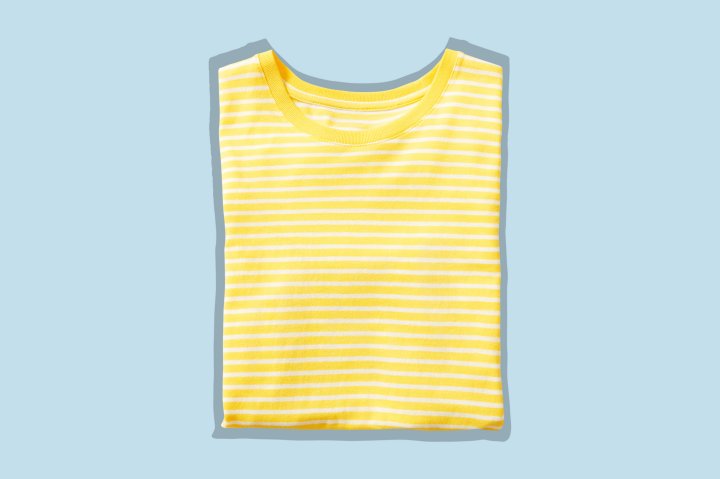It started with a simple conceit: sell a quality T-shirt at a lower markup. But Everlane’s real innovation is relentless transparency about its clothes and the workers who produce them—all stitched into minimalist designs winning over fashion fans. Customers who go online to order a pair of the brand’s new jeans, for example, can learn how the garment is sourced from Japanese denim and produced in a sustainable Vietnamese factory that recycles its water and turns waste into bricks to build local homes. Everlane sells the jeans starting at $68 and breaks out costs for materials, labor and shipping (cloth for one style, the shopper learns, is $14.65 of the total). Starting from that first T-shirt in 2011, Everlane now sells 333 different products, including 150 new items this year alone—and is on track to double its business this year, says CEO and founder Michael Preysman. “ ‘Do the right thing’ is our core value,” Preysman says. “Transparency is the way in which we communicate that and hold ourselves accountable.” He’s clearly hit a nerve: copycat direct-to-consumer brands touting ethical approaches to consumption and minimalist aesthetics like M.Gemi and Cuyana now proliferate, and even Walmart is reportedly launching what some consider an Everlane rival of wardrobe basics. Next up: Everlane is beginning to bring to market a years-long project to make silk production safe and sustainable, in close partnership with a Chinese supplier. —Raisa Bruner
TIME may receive compensation for some links to products and services on this website. Offers may be subject to change without notice.
